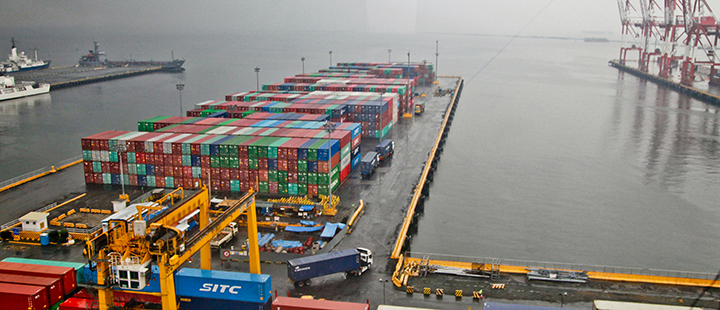Digitisation has already transformed many aspects of how we work and live. These include enhanced communication, digital provision of existing and new goods and services, and the ensuing digital transformation of many everyday activities and routines. Claimed benefits include enhanced accessibility, efficiency and innovation. But digitisation also poses challenges to personal privacy and the environment.
Where is digitisation leading next? There are two main trends.
First, individuals interacting with the digital world around them in a more direct way than via a computer screen – virtual reality is just one aspect of this.
Second, the digital interaction between small and large objects (from jewellery to cities) enables the digital management of how we live – and provides a “digital twin” for us to interact with.
Ultimately, this could lead to the creation of what some are calling a “cyber-physical world” – managed and interacted with digitally, possibly through seamlessly interconnected networks, on the basis that a network’s value grows in proportion to the square of its size. The implications of this would be huge, both economically and socially.
Key messages:
- Digitisation has transformed many elements of society, not only enhancing communication, innovation, and efficiency but also creating substantial privacy and environmental concerns.
- Various digitisation-related innovations enable the reliable and timely data collection that is crucial for ESG integration in business operations and transparent reporting as well as for promoting stakeholder confidence and trust.
- The integration of physical, digital information, and spatial interaction layers, which results in a more interactive and immersive reality, represents the transition to a cyber-physical world.
- For investors, digitisation provides a wide range of investment alternatives, with business activities such as cloud computing, Internet of Things (IoT), digital entertainment, and others showing substantial growth potential – although their valuations and challenges vary.







